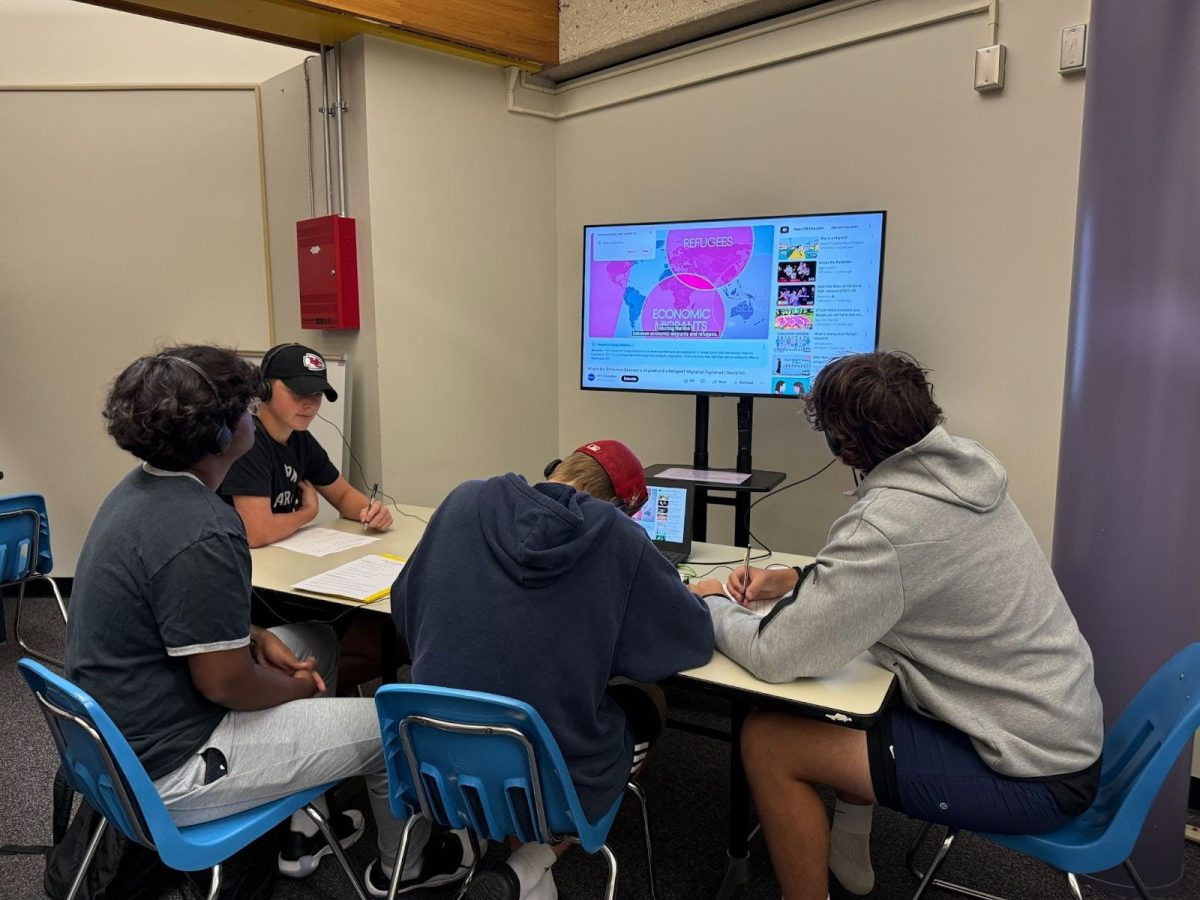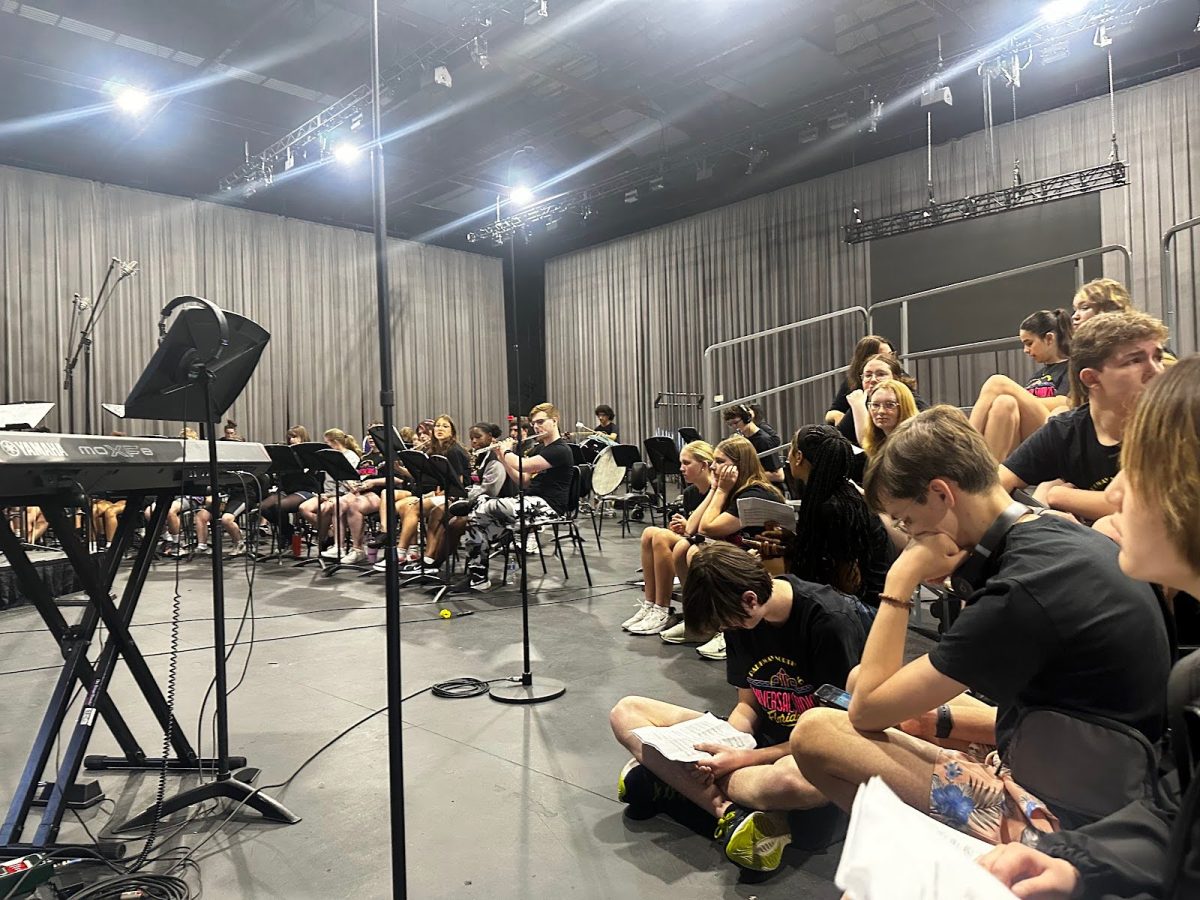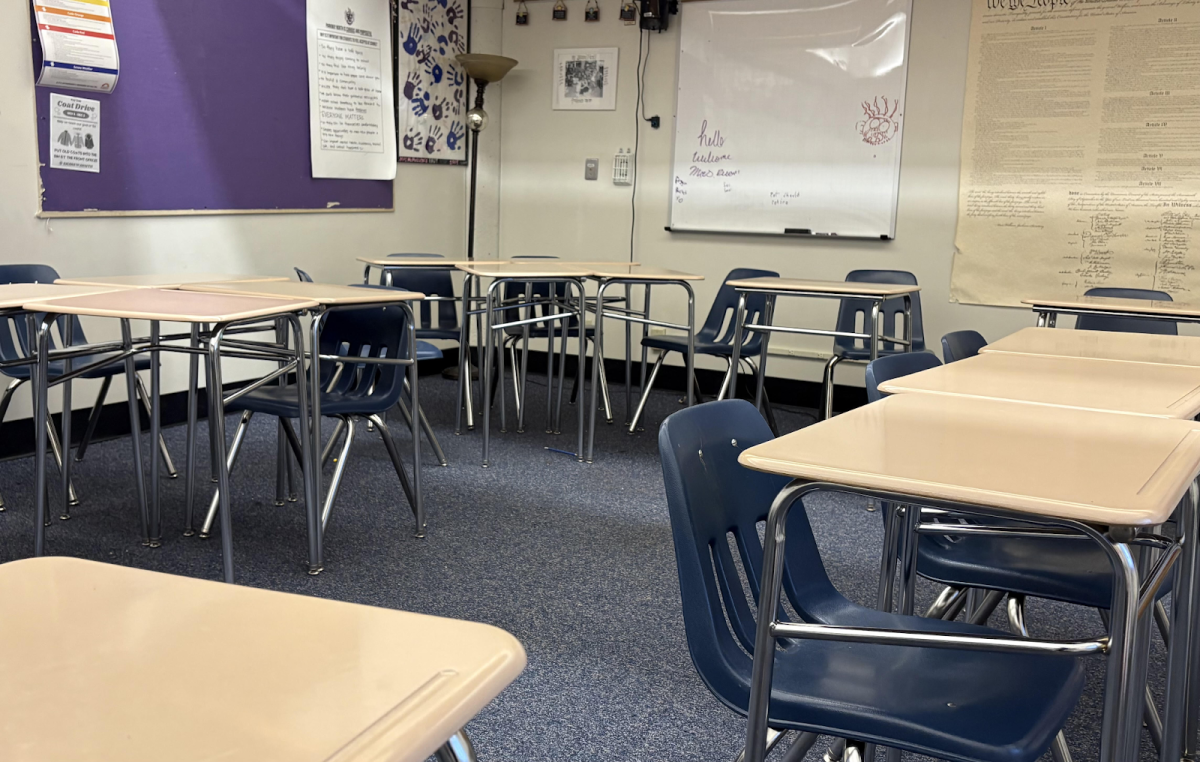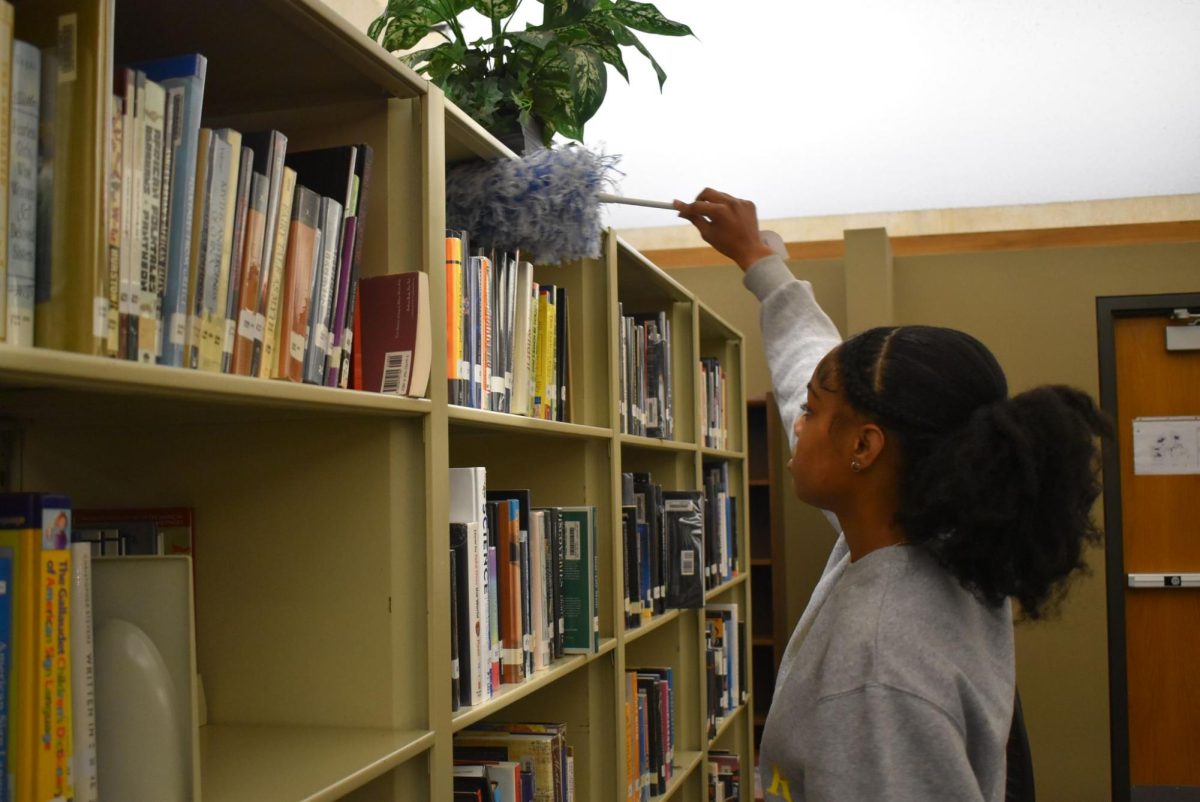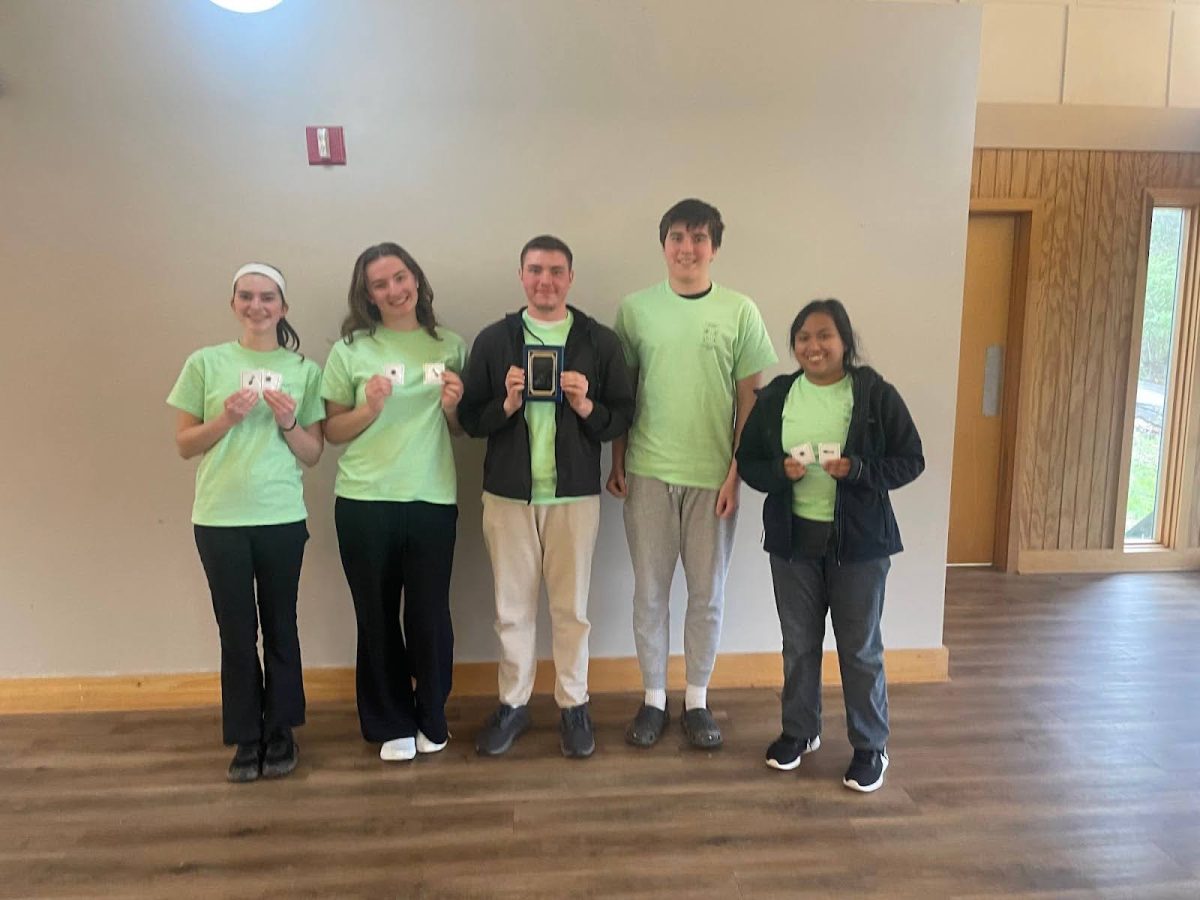 Starting on May 6, students around the world started taking Advanced Placement, or AP, exams.
Starting on May 6, students around the world started taking Advanced Placement, or AP, exams.
AP classes give high school students college-level course content. There are then optional AP exams, which give students a chance to earn college credit. There are 39 AP classes in total, though North doesn’t offer them all.
“Most of our students take exams for the classes that they are enrolled in at North,” said college and career counselor Katie Meyer. “However, we do have a few that take exams without the actual class. These students have to be very motivated to learn the material on their own and be able to work independently.”
This year, the exam with the most North students enrolled is AP Language and Composition, followed by AP World History and AP Human Geography, which was offered to freshmen for the first time. It serves as the advanced option for a 9th-grade social studies class. For most freshmen who take the class, it is their first AP course and subsequent AP exam.
“It was recommended to me and it sounded interesting enough…I want to take some of the future AP classes, and I think this will be a good introduction to AP courses for me,” said freshman Paige Olmstead, who took both the AP Human Geography class and the exam.
AP exams cost around $98 to take and do not impact a student’s course grade. The tests are graded on a scale of 1-5, with 5 being the best.
“Students that earn 3 or higher on AP exams (out of a scale of 5) can potentially earn college credit. This could help save students money and time when they are actually in college. It is important though that students check individual college requirements because all colleges award credit differently,” Meyer said.
While taking the test is not required, many students choose to. “I figured if I was taking the classes already, then I might as well try to take the test to get the credit for college,” said junior Annie Zimmerman.
Zimmerman is taking two AP exams: AP Psychology and AP Language and Composition. “They’re both things I’m interested in, so I thought it would be enjoyable to learn more about them,” Zimmerman said.
The tests ask questions on content that has been taught from the beginning of the school year. This means that many students do a lot of studying to prepare.
“My teacher provides a lot of review sources like packets, there are videos on YouTube that I watch to help myself prepare, and just learning the terms and trying to remember them,” said sophomore Daria Panov, who will be taking the AP World History exam.
AP classes are standardized throughout the country, so it’s easy to find online resources to help. But sometimes, the best studying can be done in class.
“Make sure you are putting your best foot forward in your AP classes. Your teachers had to go through extensive training to be an AP certified teacher, and they play such an important role in helping you prepare for your exams,” said Meyer. “Not only should you do the assigned work, but also do the things that are optional. Take advantage of the resources that they give you.
Preparing for the tests doesn’t come without anxieties though.
“[I’m scared of] blanking out on the test because there’s so much content,” Panov said.
Despite this, many students choose to take the tests because, for many, the potential reward outweighs the fear of failure.
“AP exams not only challenge students to take courses that are at the college level, but they also help with college applications,” said Meyer. “Colleges want to see that a student challenged themselves while in high school, especially in a major that they are interested in studying in college.”




![There are many AI sites and apps available. “You don't [stop students from using AI] - you teach them how to use it,” social studies teacher Melody Barger said.](https://pnhnorsestar.com/wp-content/uploads/2025/01/AI-1200x800.jpg)
